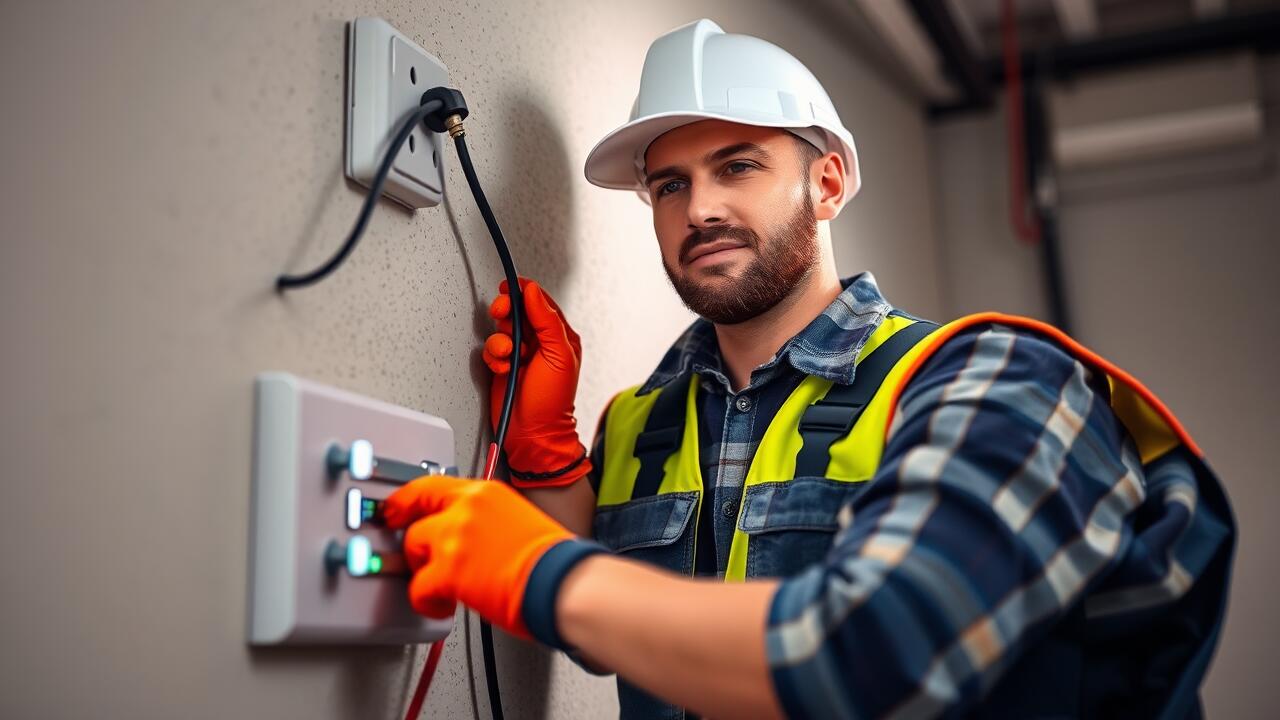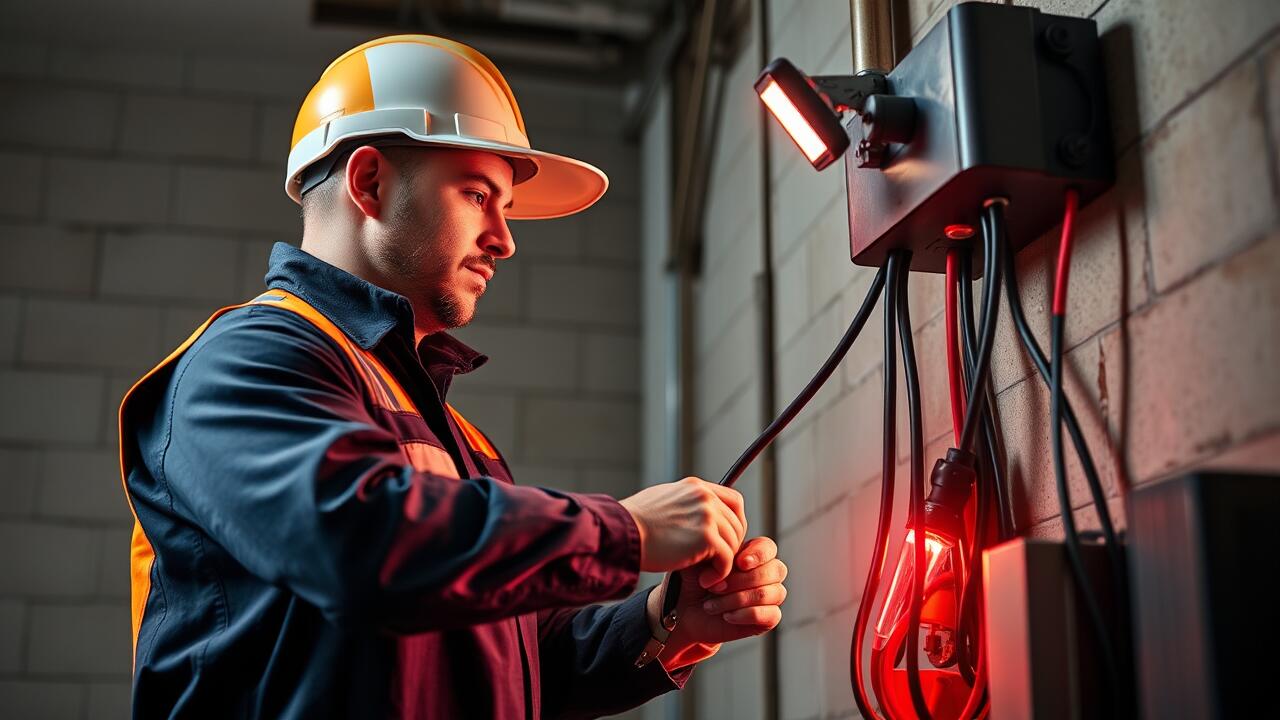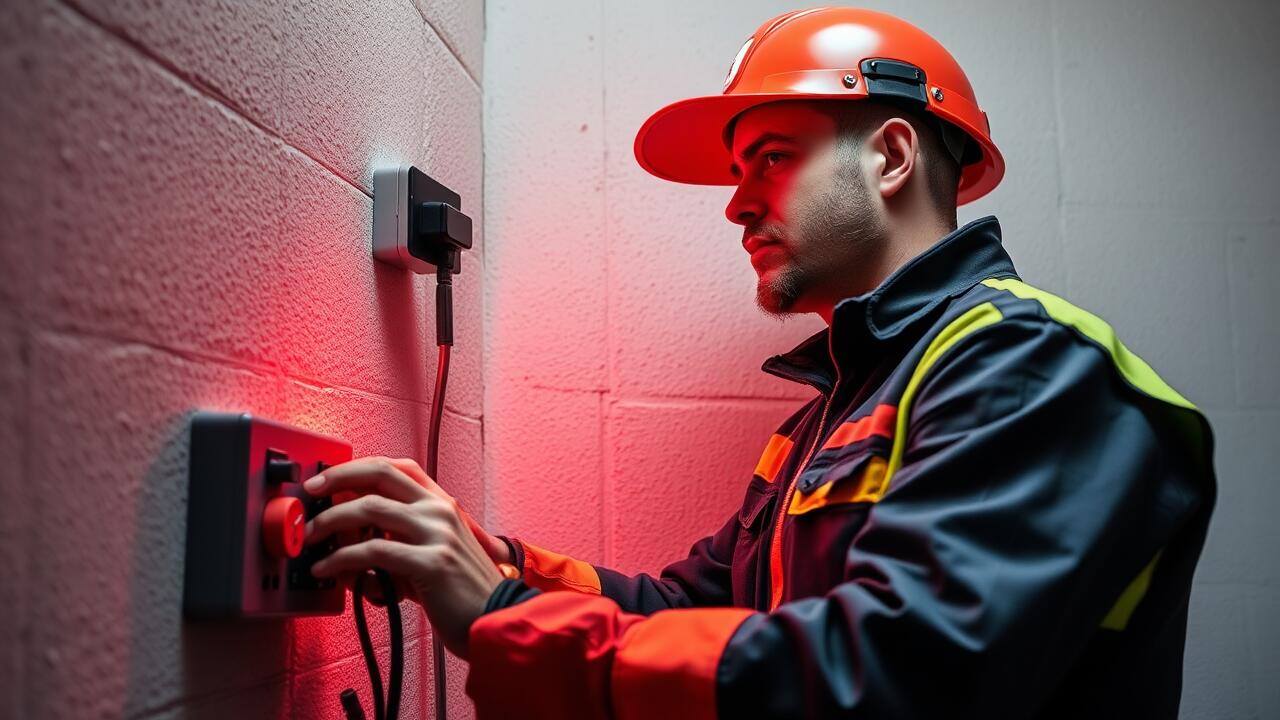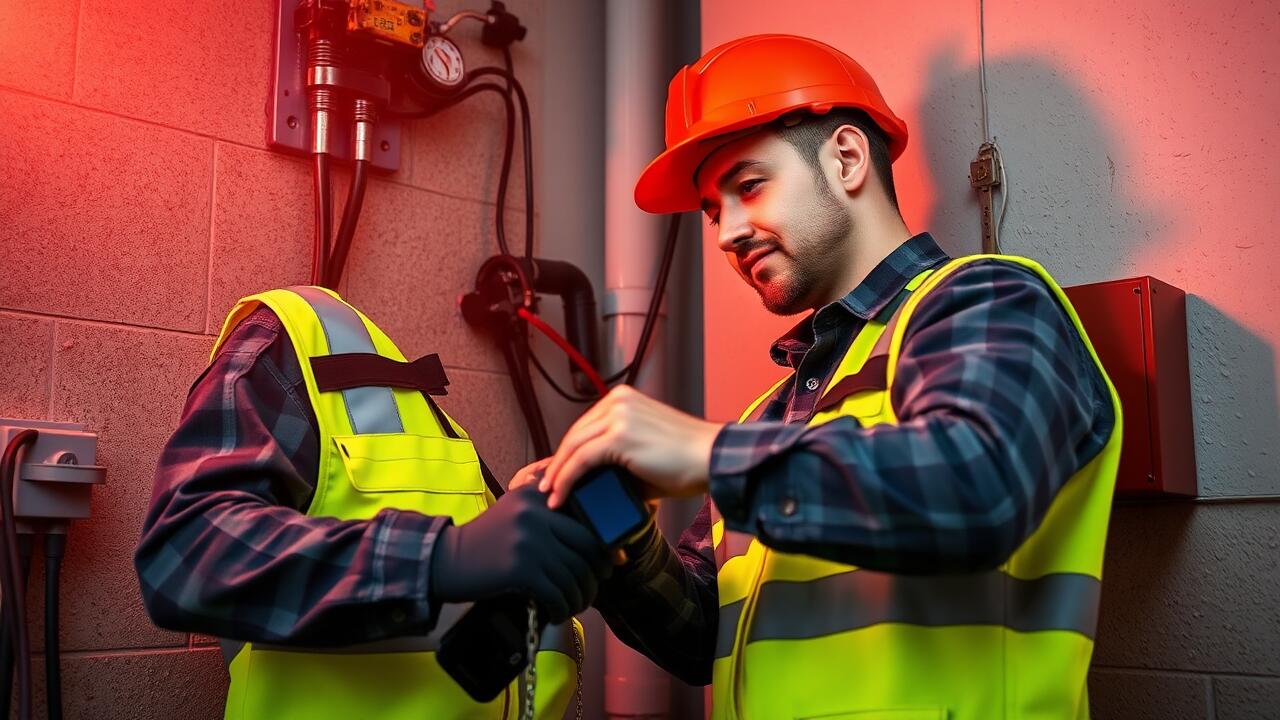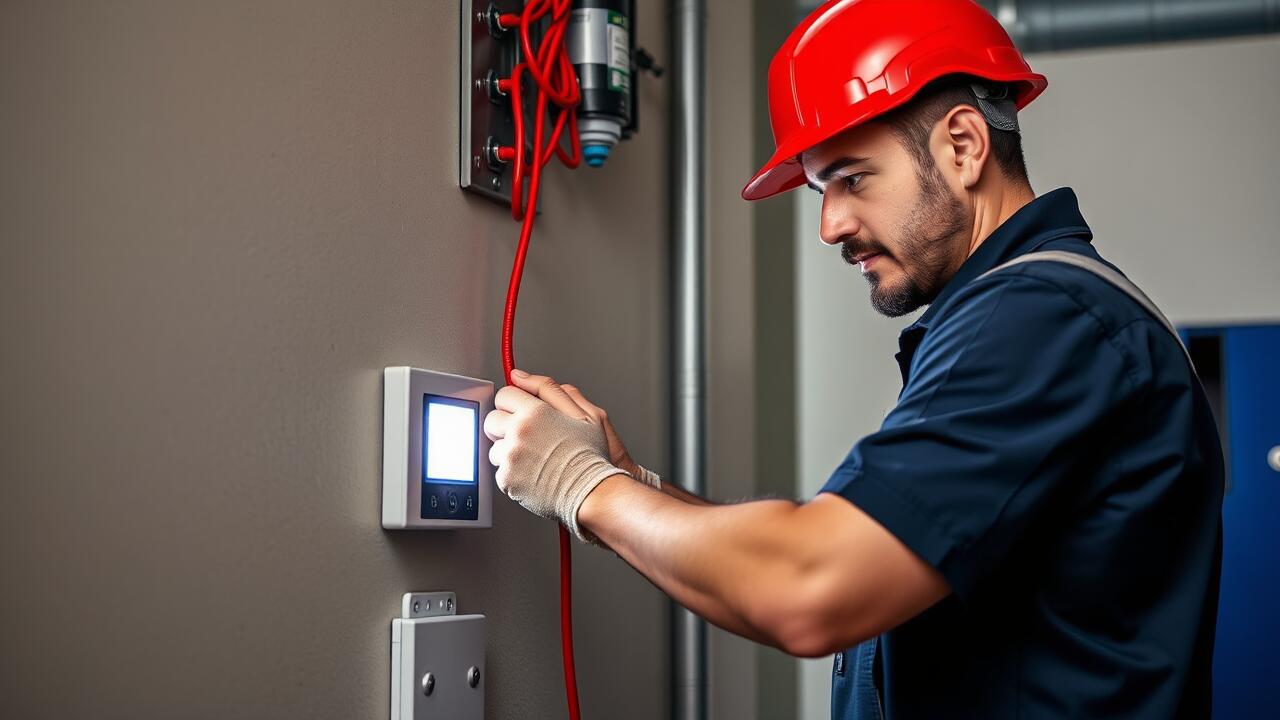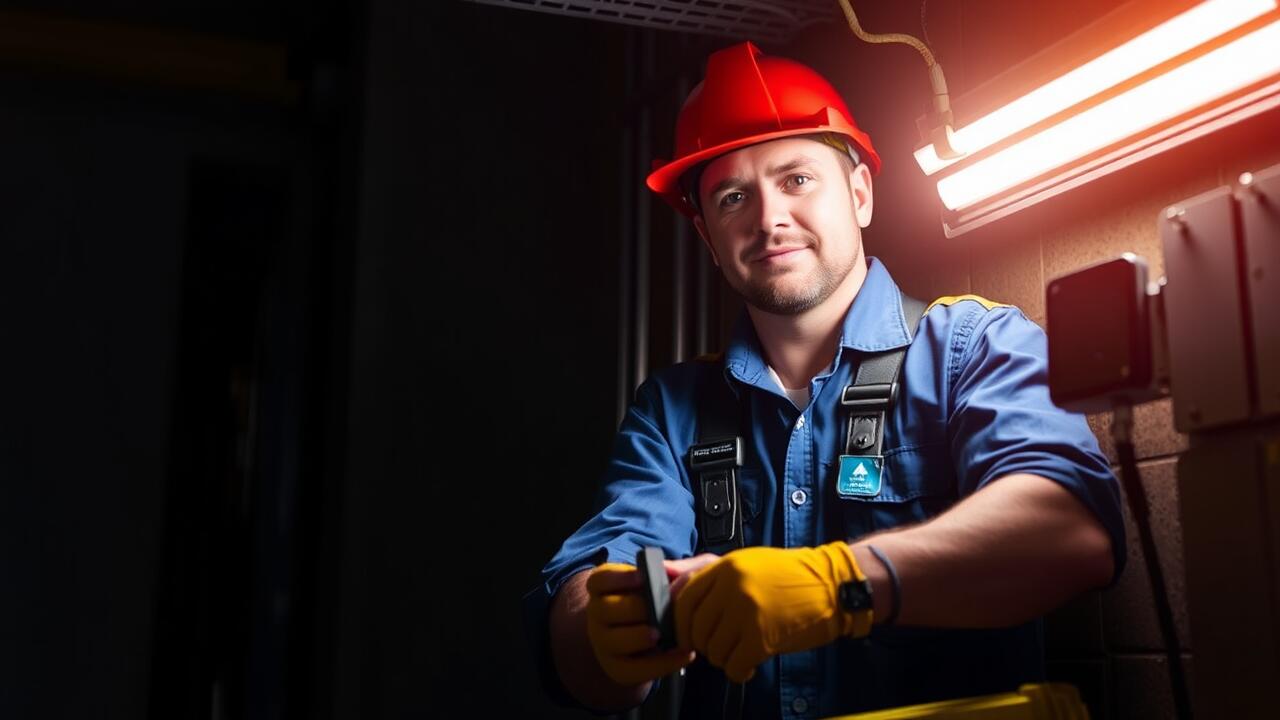
Connecting Your Generator to Your Home
To ensure a seamless connection between your generator and your home, it is crucial to prioritize safety and compliance with local regulations. One popular method for connecting a generator is through a transfer switch. This device allows you to safely switch your home’s power source from the grid to the generator when outages occur. It helps prevent back-feeding electricity into the lines, which can pose significant hazards to utility workers and your home’s electrical system. To install a transfer switch properly, hiring a qualified professional, such as an Emergency Electrician in Houston, is often recommended.
Alternatively, some homeowners use direct plug-in options for smaller generators. This method involves plugging specific appliances directly into the generator's outlets. While it can be convenient for powering essentials, caution is essential. A direct connection should only be used if the generator is located outside to prevent carbon monoxide buildup indoors. Setting up a safe and reliable connection reduces the risk of accidents during emergencies, emphasizing the importance of proper installation and maintenance practices.
Transfer Switch vs. Direct Plug-In Options
When it comes to connecting your generator to your home, homeowners often face the choice between a transfer switch and direct plug-in options. A transfer switch provides a safer and more efficient means of connecting a generator. This device isolates your home’s electrical system from the utility lines, preventing backfeed, which can be dangerous for utility workers and your electrical system. Installation typically requires the expertise of an Emergency Electrician in Houston to ensure compliance with local codes and safe operation.
Direct plug-in options may appear more convenient, but they come with risks that homeowners should consider. These can involve using extension cords, which may not provide enough power to run larger appliances efficiently. Additionally, if not careful, backfeeding can occur, putting both the home and utility personnel at risk. The simplicity of plug-in options may tempt some, yet the peace of mind and safety provided by a properly installed transfer switch is often worth the investment.
Fuel Options for Generators
When choosing a fuel source for your generator, it’s essential to evaluate the options available, such as gasoline, diesel, and propane. Gasoline generators are often more widespread due to their availability and ease of use. However, they typically require more frequent refilling and tend to have a shorter shelf life. Diesel generators are known for their efficiency and longer run times. They are ideal for larger applications but often come with a higher upfront cost and are generally noisier. Propane stands out as a cleaner-burning fuel that can be stored indefinitely without spoiling.
Understanding the implications of each fuel type is crucial for efficient generator usage. Diesel offers power and longevity, making it suitable for extended outages. Gasoline is accessible but requires immediate consumption. Propane provides flexibility in storage and emissions but needs proper storage facilities. For homeowners in Houston, consulting an emergency electrician in Houston can provide valuable insights into the best fuel options suited to specific power needs and local conditions.
Comparing Diesel, Gasoline, and Propane
When choosing the right fuel for your generator, understanding the differences between diesel, gasoline, and propane is essential. Diesel fuel typically offers better fuel efficiency and longer run times, making it a popular choice for larger generators. However, it can be more expensive upfront and requires specific maintenance. Gasoline is widely available and usually cheaper, but it can degrade over time, which poses a challenge for long-term storage. Additionally, gasoline-powered generators may not operate as efficiently as their diesel counterparts during prolonged use, especially during emergencies.
Propane stands out for its clean-burning properties and extended shelf life, making it an attractive option for those concerned with environmental impact. Its versatility also allows it to be easily stored and transported, giving it an edge in emergency situations. When dealing with fuel choices, it's valuable to consult with an Emergency Electrician in Houston to determine the best generator type for your specific needs and circumstances. Proper guidance based on local conditions and availability can significantly influence your decision-making process.
Regular Maintenance for Longevity
Regular maintenance is crucial for ensuring that your generator functions effectively during emergencies. Procedures such as checking the oil level, inspecting the air filter, and replacing spark plugs as needed can significantly extend the lifespan of your unit. Keeping the fuel system clean and ensuring that the battery is charged are also vital steps in maintenance.
Hiring an Emergency Electrician in Alief, Houston can provide additional expertise in maintaining your generator. Professionals can perform routine inspections, troubleshooting, and repairs to prevent potential breakdowns. Implementing a maintenance schedule will help in identifying issues before they escalate, ensuring your generator is always ready to provide backup power when needed.
Essential Maintenance Practices for Generators
Regular maintenance is crucial for ensuring that your generator remains in optimal working condition. Routine checks and servicing can help identify potential issues before they become major problems. Start with inspecting the oil and coolant levels, as these fluids are vital for the smooth operation of the engine. Additionally, ensure that the air filter is clean and the spark plugs are in good condition. These simple tasks can extend the lifespan of your generator significantly.
Cleaning the fuel system is another important aspect of maintenance. Stale fuel can lead to performance issues, so it’s advisable to replace fuel every few months, particularly if your generator is not used regularly. Testing the battery for charge and connections will prevent unexpected failures during emergencies. Consulting with an Emergency Electrician in Houston can also provide professional guidance on comprehensive maintenance schedules tailored to your specific generator model.
FAQS
What is the purpose of a transfer switch when connecting a generator to my home?
A transfer switch ensures safe and efficient power transfer from your generator to your home’s electrical system, preventing backfeeding into the grid and protecting utility workers.
Can I directly plug my generator into an outlet instead of using a transfer switch?
While it's possible to use a direct plug-in method with certain generators, it is not recommended due to safety risks and potential damage to your home’s electrical system. A transfer switch is the safer option.
What fuel options are available for generators, and which is best?
Common fuel options for generators include diesel, gasoline, and propane. The best option depends on your specific needs, availability, and storage considerations, with propane being favored for long-term storage and diesel for fuel efficiency.
How often should I perform maintenance on my generator?
Regular maintenance should be performed at least once a year or after every 100-200 hours of use, whichever comes first. This includes tasks like oil changes, filter replacements, and checking the battery.
What are some essential maintenance practices for keeping my generator in good condition?
Essential maintenance practices include checking and changing the oil, replacing air and fuel filters, inspecting spark plugs, and ensuring the fuel system is clean. It’s also important to test the generator regularly to ensure it operates properly when needed.
